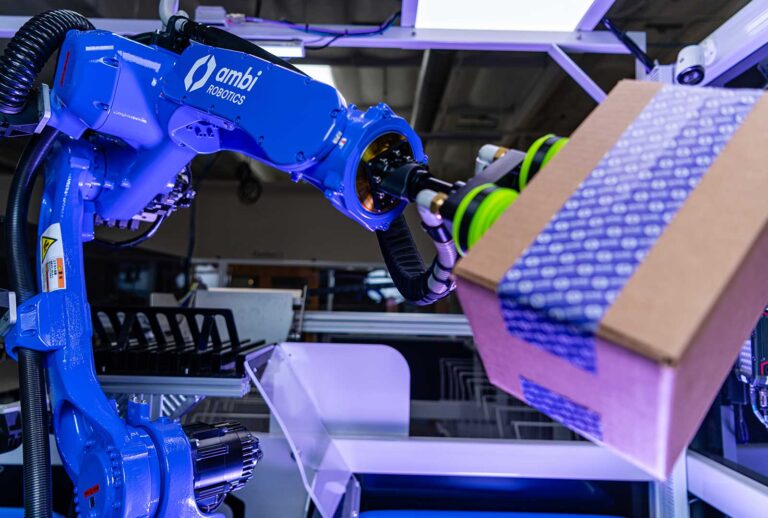Commercializing Autonomous Vehicles
David Welch, Detroit Bureau Chief, Bloomberg joined Grayson Brulte on The Road to Autonomy podcast to discuss commercializing autonomous vehicles and the growth of the electric vehicle market in the United States.
The conversation begins with David sharing his thoughts on the current state of the autonomous vehicle industry.
Right now you are kind of seeing a race to get some sort of autonomous business to market.
– David Welch
As autonomous vehicle companies prepare to commercialize their service, Grayson and David discuss the strategic advantages that Cruise has with GM/Honda and Argo AI has with Ford/VW. Cruise and Argo AI have the advantage of having a traditional automaker to help them build and test their AVs for safety requirements.
As a competitor, Waymo does not have the traditional automaker relationship, but it does have Alphabet’s cash. The question is, how long will Alphabet continue to invest in Waymo without seeing a return on capital?
I do not think they have unlimited time and unlimited money to do this anymore. The parent company, Alphabet has basically said that they do not want to forever pump billions of dollars into science projects. [Waymo] has to start earning its way over time.
– David Welch
As AV companies prepare to commercialize their service, Grayson asks David why the industry has an obsession with launching in San Francisco as the City is hostile to the technology. As David explains, it all comes down to the engineering talent that is lives in and around the City.
Cities are a great place to deploy autonomous vehicles if the City is welcoming to the technology and if the infrastructure is properly developed. Sports stadiums will have to update their infrastructure as well to ensure that the fan experience is convenient and frictionless.
Today, fans do not like walking long distances to find an Uber or Lyft and in the future, they will want AVs to pick them up at the front gate without having to walk to a remote lot. The future of passenger autonomy will be defined by convenience and the overall passenger experience.
The adoption and growth of electric vehicles will come down to convenience and how easy it is to charge the vehicle without downloading multiple apps.
I do not think people want 27 apps for charging on their phone.
– David Welch
Is this a problem for Apple to solve? Could fixing the EV charging problem be one of the things that Apple is working on as part of Project Titan? Possibly, but most likely Project Titan will be than just EV charging.
With a shortage of semiconductors and an unstable supply of minerals for electric vehicles, Grayson and David discuss what can be done to shore up the U.S. supply chain for EVs. While the supply chain is a work in progress, there are still questions around how the minerals for electric vehicles are mined and refined.
Wrapping up the conversation, Grayson and David compare and contrast GM’s and Ford’s vision for electric vehicles.
Follow The Road To Autonomy on Apple Podcasts
Recorded on Monday, December 13, 2021




